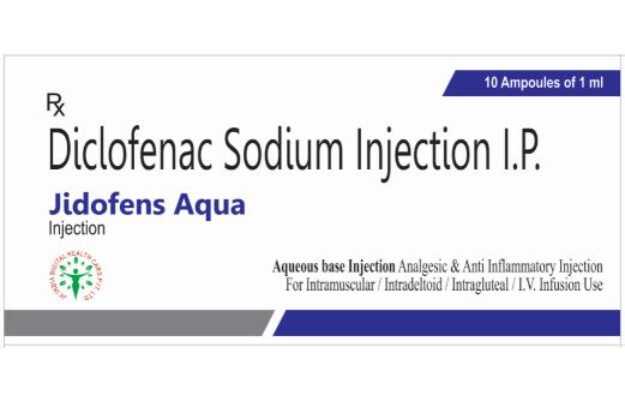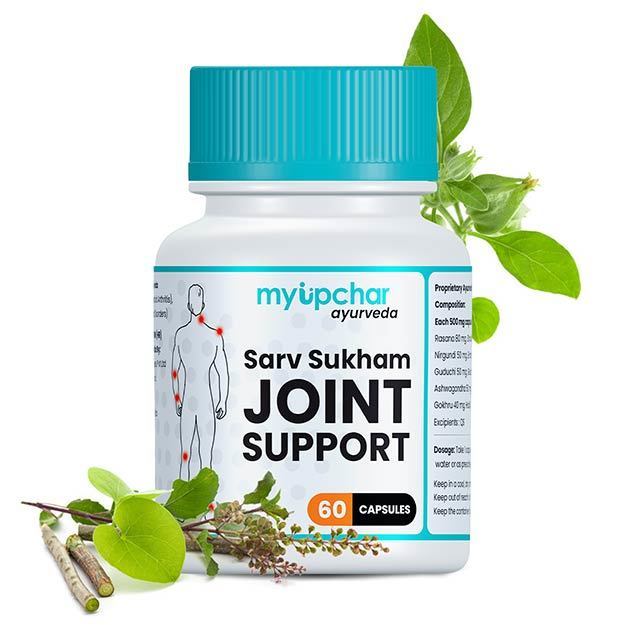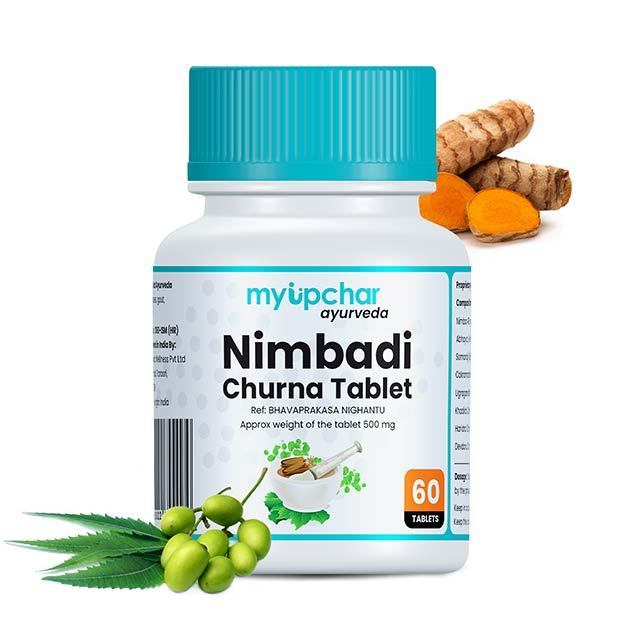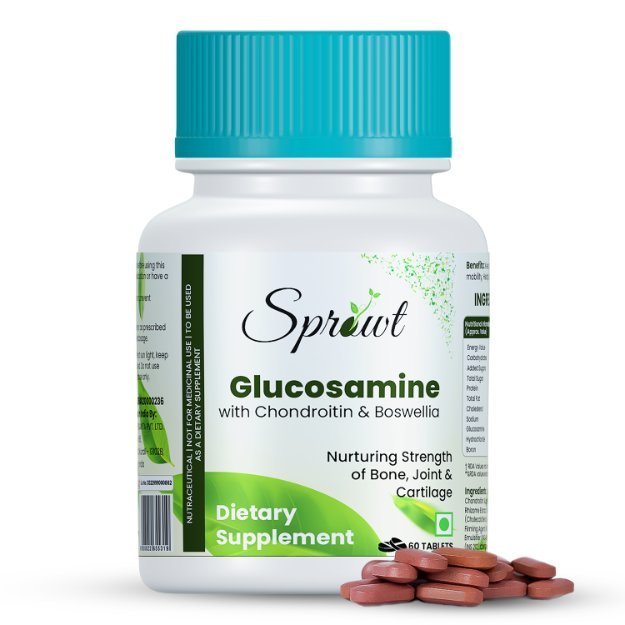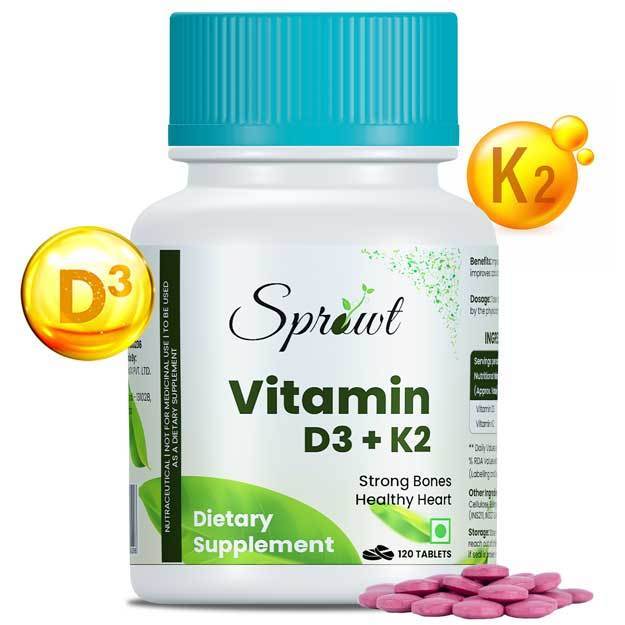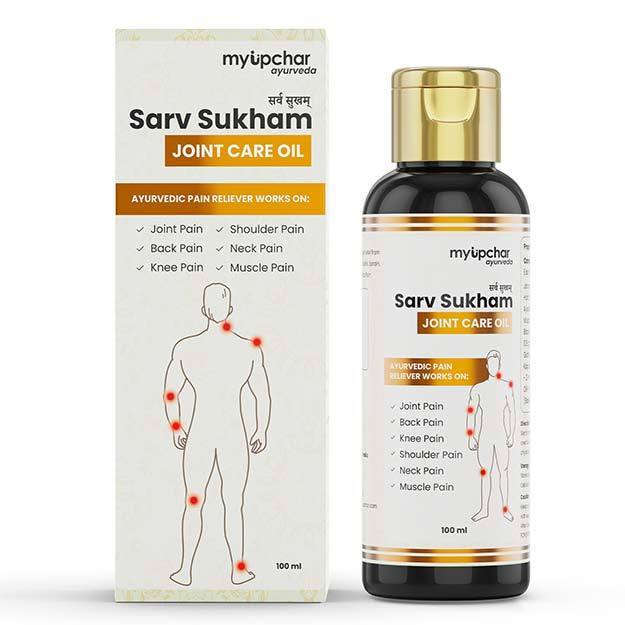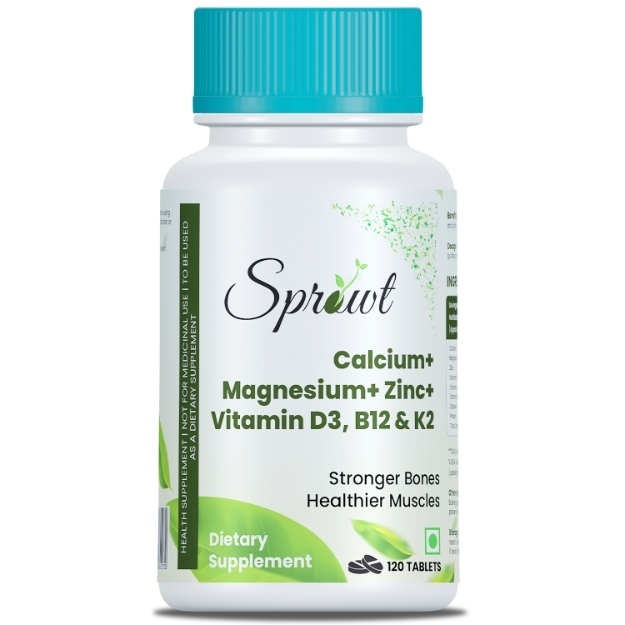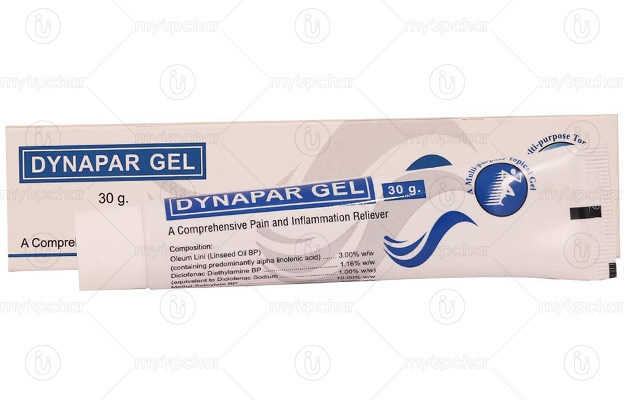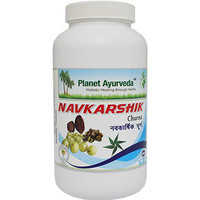Diclodyne 1% Gel is a prescription drug, available for use as Gel. Primarily, it is used for the treatment of Muscle Pain, Toothache, Rheumatic Pain. Other than this, Diclodyne 1% Gel has some other therapeutic uses, which have been discussed ahead.
The correct dosage of Diclodyne 1% Gel depends on the patient's age, gender, and medical history. The condition it has been prescribed for, and the route of administration also determine the right dosage. This information has been provided in detail in the dosage section.
Some other side effects of Diclodyne 1% Gel have been listed ahead. Such side effects of Diclodyne 1% Gel normally do not last long and go away once the treatment is completed. Consult your doctor if these side effects become worse or stay for a longer duration.
In addition, Diclodyne 1% Gel's effect is Severe during pregnancy and Mild for lactating mothers. It is important to know if Diclodyne 1% Gel has any effect on the kidney, liver and heart. Information on such adverse effects, if any, has been given in the Diclodyne 1% Gel related warnings section.
Diclodyne 1% Gel is not recommended if you suffer from certain medical conditions as it can have adverse effects. Stomach Infection, Skin Rash, Stroke are examples of such conditions. Other contraindications of Diclodyne 1% Gel have been discussed in the sections ahead.
Drug interactions for Diclodyne 1% Gel have been reported in the medical literature. See below for a complete list.
Along with the above-mentioned precautions, remember that taking Diclodyne 1% Gel is considered safe while driving, and is addictive.
X

